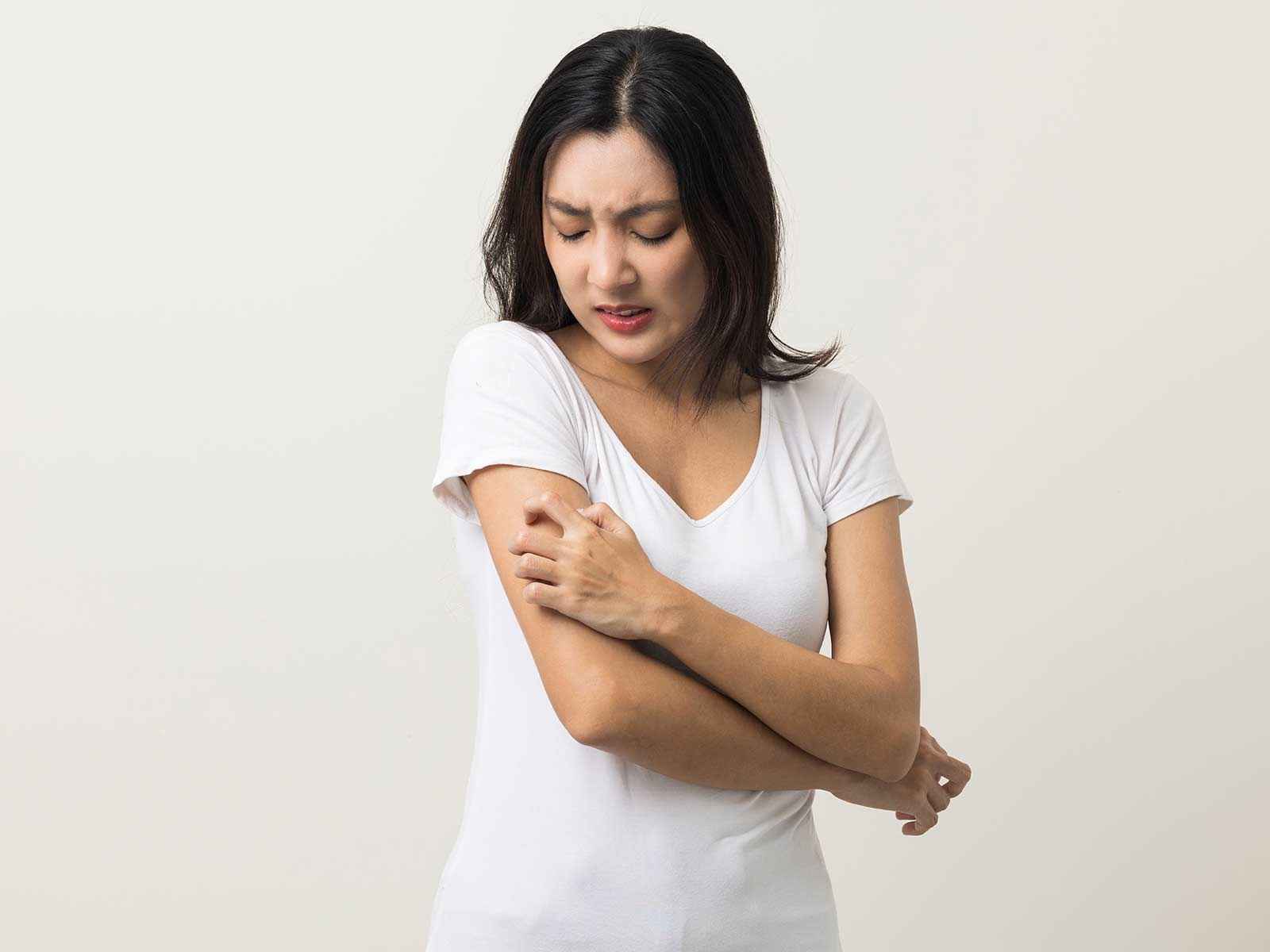
Human papillomavirus (HPV) is a very common virus that infects the skin and mucous membranes. There are over 100 types of HPV: some cause harmless warts on hands, feet, or the genital area, while others can lead to changes in cervical, anal, or throat cells that may become cancerous over time.
Many people with HPV never develop noticeable symptoms. When symptoms do appear, they vary by strain:
HPV spreads primarily through direct skin-to-skin contact, most often during sexual activity. Key risk factors include:
At GastroDoxs, we deliver patient-focused HPV prevention and treatment plans tailored to the Cypress community. Our board-certified specialists offer the latest vaccines, wart-removal techniques, routine screenings, and ongoing support to help you manage HPV and reduce your cancer risk. Don't wait-book your appointment today to protect your health and gain peace of mind.
We've successfully treated more than 1K patients, helping individuals improve their digestive health and overall well-being through expert, personalized care.
With over 20 years of experience, GastroDoxs has been a trusted provider of gastroenterology care, focusing on delivering the best outcomes for patients
Yes. Most people never know they have it until a screening shows changes.
Certain strains can infect the throat, raising the risk of oropharyngeal cancer.
It's highly effective and can prevent up to 90% of HPV-related cancers.
Serious long-term effects are rare; most side effects are mild and short-lived.
No drug clears the virus entirely, but treatments can remove warts and monitor cancer risk.
Women aged 21-65 should follow Pap smear and HPV test guidelines. Men should talk to a specialist about their individual risk.
Yes, most healthy individuals clear the virus within two years.
A gastroenterologist in Cypress can help if you have digestive symptoms; an HPV specialist can manage viral care and prevention.
Condoms reduce risk but don't eliminate it. Vaccination adds strong protection against high-risk strains.
Yes. You can be re-exposed; vaccination and regular check-ups help lower your risk of reinfection.